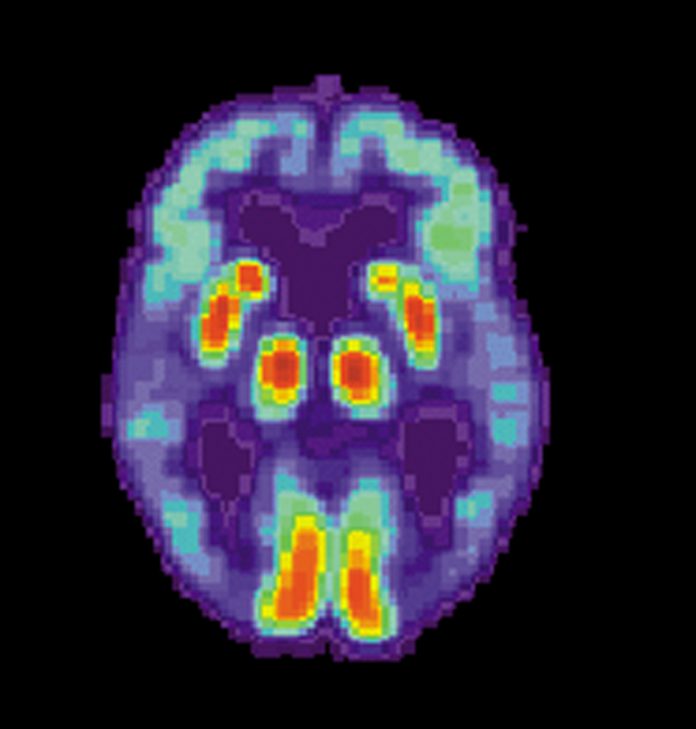
If you grew up with grandparents, chances are you’ve probably seen them grapple with their memory on numerous occasions as well as, suffer from sleep-related difficulties. Studies state that 13-32% of adults aged 65 years or older suffer from some form of sleep apnea, while 30-40% have mild cognitive impairment.
What is Sleep Apnea?
Sleep Apnea is a sleep disorder in which a person’s breathing is repeatedly interrupted during sleep, which can be due to the upper airway becoming blocked. The pause in breathing can last for at least ten seconds and thus cause low blood oxygen levels. Disturbed sleep tends to lead to increased daytime somnolence. Sleep apnea is associated with a higher risk of hypertension, stroke, depression, memory-related problems, and heart diseases. It is most common in older adults aged 55 years and above. The reason for the higher prevalence in the elderly is believed to be due to changes in structures surrounding the pharynx as the person ages, as well as increased fatty deposits in the parapharyngeal area.
A recent study published in the journal JAMA Neurology has found the presence of amyloid plaques, a characteristic of Alzheimer’s disease, in the brains of people with sleep apnea. Alzheimer’s is believed to affect 50 million people worldwide. It is a neurodegenerative disease characterized by problems in language, memory and, is responsible for 60-70% of dementia cases.
127 adults aged over the age of 65, who were already enrolled in a clinical trial assessing mental health and well-being among the aging community, were recruited for the research. The participants were all cognitively unimpaired and underwent neuropsychological assessments, polysomnography, MRI’s and PET scans. Depending on their polysomnography results, participants were split into those with and without sleep-disordered breathing. 75% of the participants were found to have sleep apnea.
Thanks to the use of multiple brain imaging methods, this study has enabled us to clarify the mechanisms explaining the links between sleep quality, risk of cognitive decline, and Alzheimer’s disease
Dr. Géraldine Rauchs
Amyloid deposition – characteristic of Alzheimer’s
Results showed people with sleep-disordered breathing to have higher amyloid deposition in brain regions associated with Alzheimer’s as well as a higher volume of gray matter, increased perfusion and neuronal activity in these regions. However, the researchers found no difference in cognitive performance, self-reported memory problems or feelings of excessive daytime sleepiness, among the two groups.

The study’s result helps explain why sleep apnea is associated with a higher risk of developing Alzheimer’s at a younger age. Dr. Geraldine believes that detecting and treating sleep disorders, particularly sleep apnea, in the asymptomatic older population can help reduce the risk of Alzheimer’s and promote successful aging. Further research is needed to investigate whether these brain changes will progress to neurodegeneration and cognitive decline.
References:
André C, Rehel S, Kuhn E, et al. Association of Sleep-Disordered Breathing With Alzheimer Disease Biomarkers in Community-Dwelling Older Adults: A Secondary Analysis of a Randomized Clinical Trial. JAMA Neurol. Published online March 23, 2020.
Patterson, C. (2018) World Alzheimer Report 2018. The State of the art of Dementia research: New frontiers. London: Alzheimer’s Disease International (ADI).
M. Glasser, N. Bailey, A. McMillan, E. Goff, M.J. Morrell. Sleep Apnea in Older People. Breathe Mar 2011, 7 (3) 248-256



